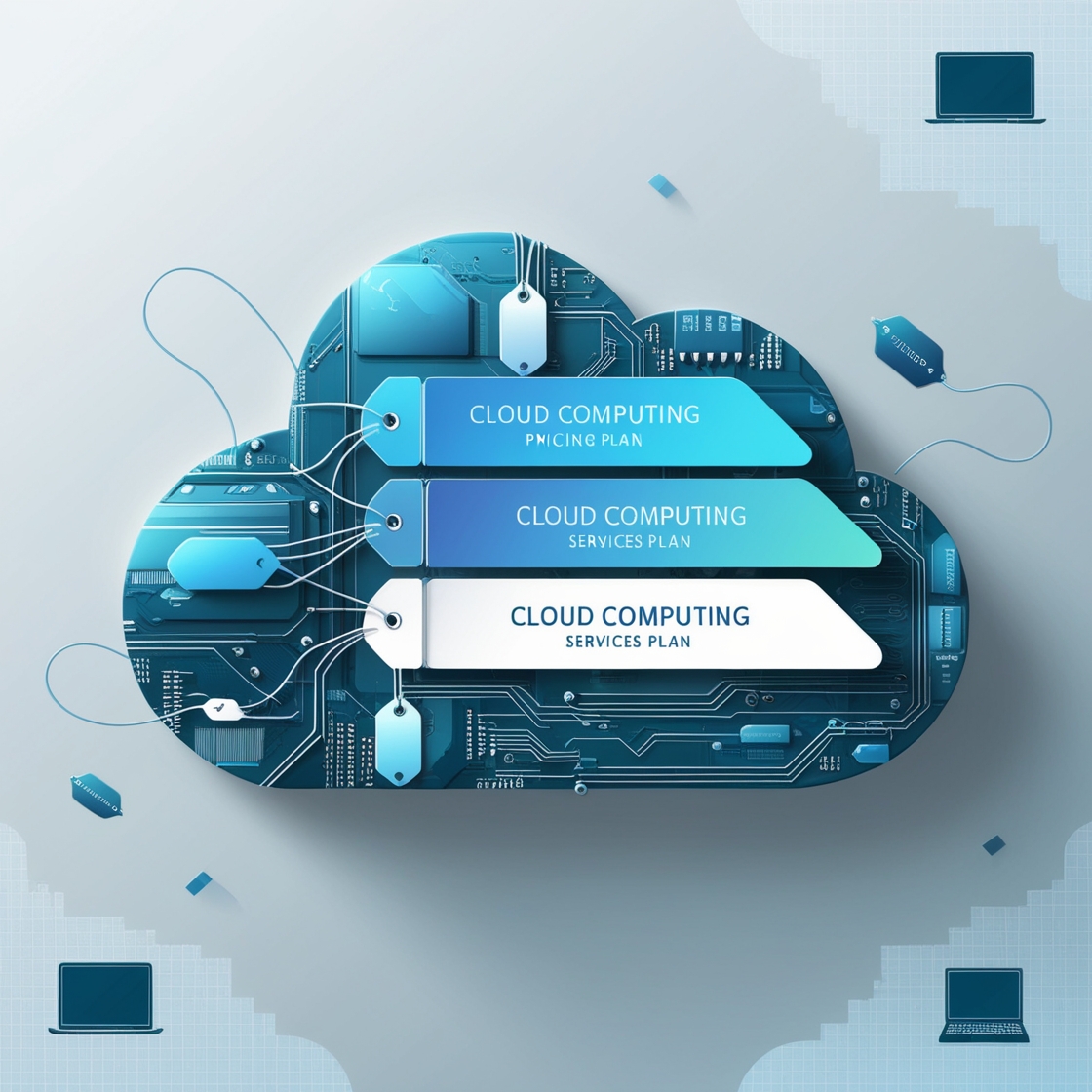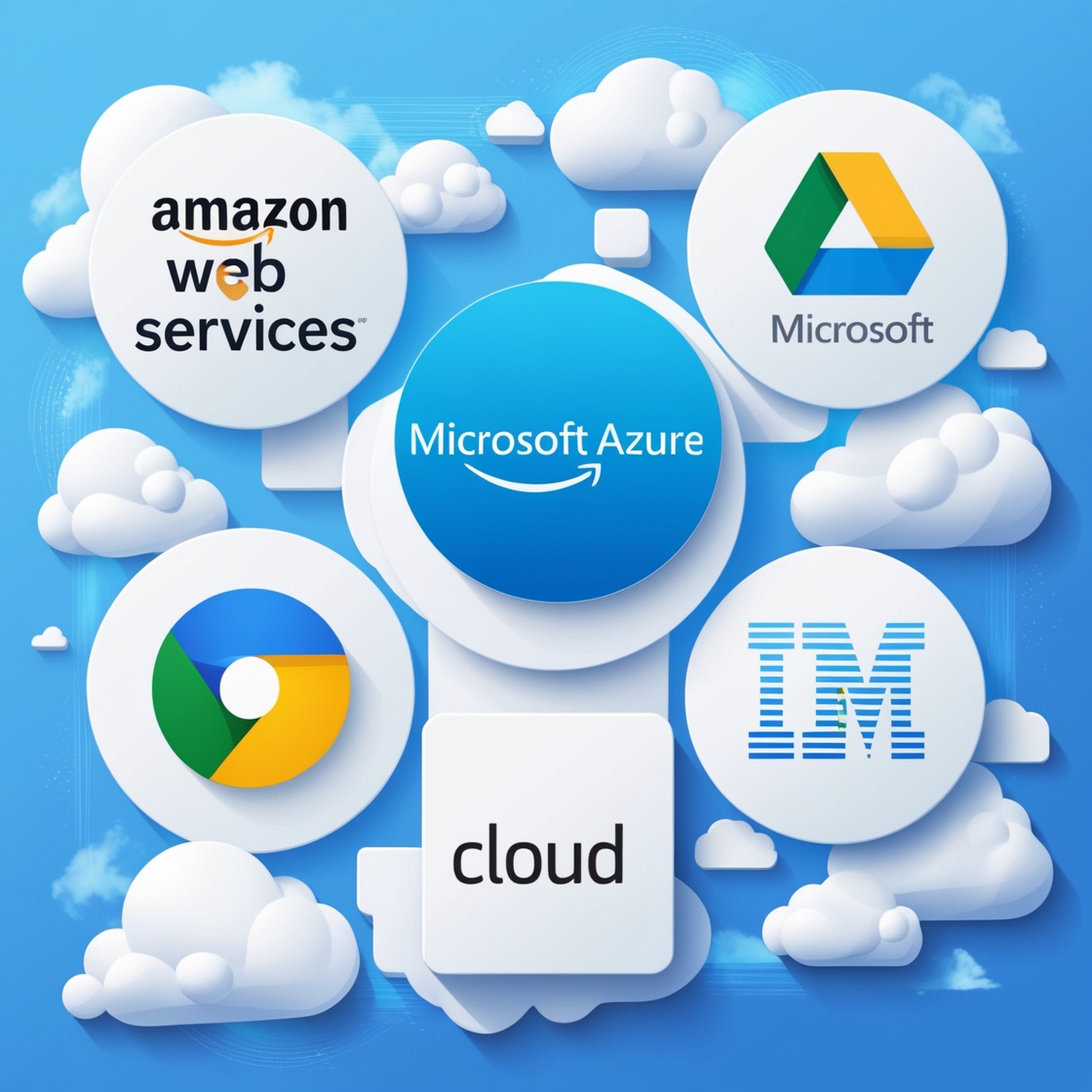In today’s hyper-connected world, digital marketing is the secret sauce behind every successful business. Whether you’re … The Top 10 Digital Marketing Tools for BusinessesRead more
Internet
Best VPN Services for 2024
Are you tired of your internet data feeling more exposed than a toddler in a swimsuit? … Best VPN Services for 2024Read more
How Much Does Cloud Computing Cost Per Month? Breakdown of Prices, Providers, and Saving Strategies
In the world of tech, cloud computing has become the backbone of everything, from small … How Much Does Cloud Computing Cost Per Month? Breakdown of Prices, Providers, and Saving StrategiesRead more
Top Cloud Storage Providers You Can’t Live Without
Imagine this: You’ve just finished working on an important project, and in the blink of an … Top Cloud Storage Providers You Can’t Live WithoutRead more
Top Cloud Storage Providers
Imagine this: You’ve just finished working on an important project, and in the blink of an … Top Cloud Storage ProvidersRead more
10 High-Paying Tech Certifications for 2024 That Will Make Your Wallet Smile
Welcome to the future, where tech certifications are like golden tickets to success, and you don’t … 10 High-Paying Tech Certifications for 2024 That Will Make Your Wallet SmileRead more





